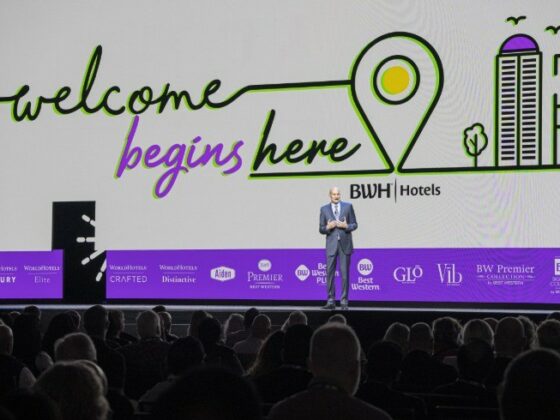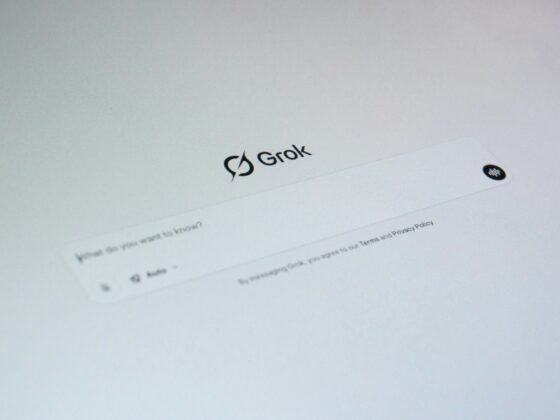
The rise of smart kitchen appliances has transformed the way restaurants and hotels approach their daily operations. From smart ovens to connected food processors, these appliances are built to meet the challenges of busy kitchens while delivering consistent results.
Core Benefits
Improved Efficiency and Productivity
Smart kitchen tools revolutionize workflows by automating repetitive tasks and enhancing the cooking process. For example, smart ovens like the Rational or June Oven adjust heat levels based on preset recipes, ensuring food is cooked to perfection without constant monitoring. In high-volume kitchens, smart appliances such as robotic fryers produce batches of french fries efficiently, reducing preparation time.
The integration of voice control via Amazon Alexa, Google Assistant, Apple Siri, or Samsung Bixby enables chefs to manage multiple devices hands-free, saving time and effort. Whether it’s a smart coffee maker that brews the perfect cup or a smart slow cooker that maintains consistent heat, these gadgets optimize the entire kitchen, allowing staff to focus on customer service and creativity.
Energy and Cost Savings
Energy-efficient designs are a hallmark of smart kitchen appliances, offering significant savings for restaurants and hotels. Connected refrigerators monitor internal temperatures and adjust cooling to conserve power. Similarly, smart ovens and stoves optimize their heating cycles to reduce energy consumption during off-peak hours.
Predictive maintenance tools, a common feature in smart equipment, send alerts when appliances, such as a dishwasher or an air fryer, require servicing, preventing costly repairs and downtime. By reducing waste—whether it’s food or electricity—smart kitchen tools help operators save money while promoting sustainable practices.
Enhanced Food Quality and Safety
Precision is key in maintaining food quality, and smart kitchen appliances deliver on this front. A smart meat thermometer provides real-time updates via an app, ensuring that chicken and other proteins are cooked to safe temperatures without overcooking. Restaurant equipment like smart ovens and slow cookers maintain consistent heat levels, resulting in perfectly roasted dishes and tender meals.
Many smart gadgets also support HACCP compliance by logging temperature data, offering an extra layer of safety for the entire cooking process. Whether it’s storing perishables in a connected refrigerator or using a smart coffee maker to craft a great cup of coffee, these devices help ensure quality and safety at every step.
Data-Driven Insights
Smart kitchen gadgets don’t just cook—they provide valuable insights that help operators make smarter decisions. Connected devices track performance metrics, offering reports on energy usage, cooking times, and maintenance needs. For example, a smart oven can identify inefficiencies in heating patterns, allowing staff to adjust settings for optimal performance.
Inventory management apps sync with kitchen tools to forecast supply needs based on usage trends, reducing food waste. These data-driven capabilities not only improve operational efficiency but also allow restaurants and hotels to adapt their menus and strategies based on real-time feedback.
Better Customer Experience
At the heart of hospitality is the goal of delighting guests, and smart appliances contribute significantly to this. Smart ovens, air fryers, and other cooking devices accelerate meal preparation, ensuring faster service during busy periods. Appliances like smart coffee makers enhance personalization, allowing operators to offer custom recipes for a memorable dining experience.
The consistent quality delivered by smart equipment—from perfectly roasted chicken to dishwasher-safe serving dishes—elevates the customer experience. By integrating user-friendly technology, restaurants and hotels can create an environment where meals are not only efficient to prepare but also unforgettable for guests.








